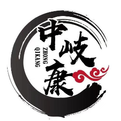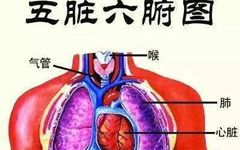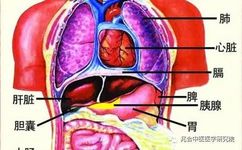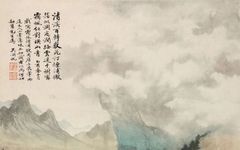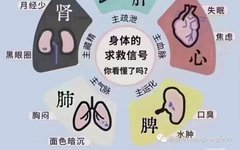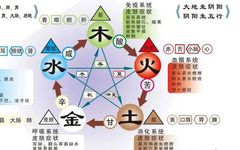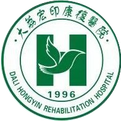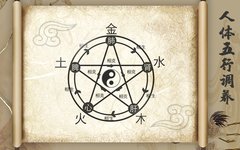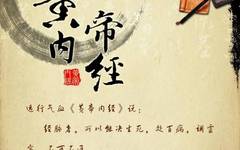Four Major Symptoms of Qi, Yin, Yang, and Blood Deficiency and Their Regulation of the Five Organs
Yin Deficiency – Heat, Yang Deficiency – Cold Intolerance, Blood Deficiency – Dryness, Qi Deficiency – Weakness 1. Yin Deficiency – Avoid spicy and dry foods, prefer Chrysanthemum (Ju Hua), Pear (Li) Symptoms: Palms and soles feel hot and sweaty, irritability, mouth and tongue sores 2. Yang Deficiency – Avoid raw and cold foods (shrimp, … Read more

